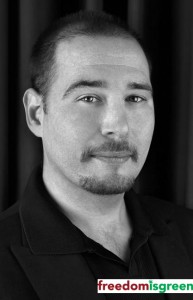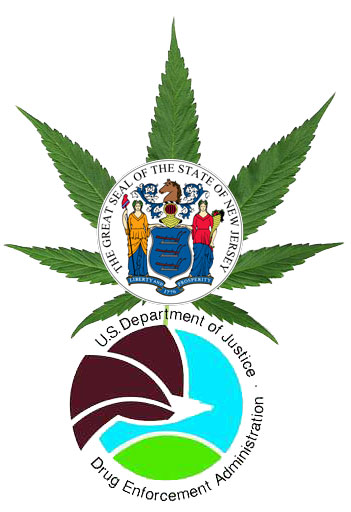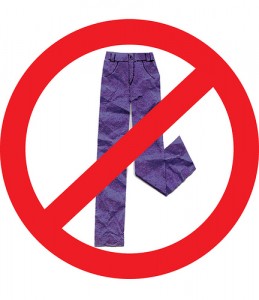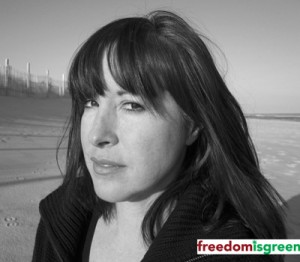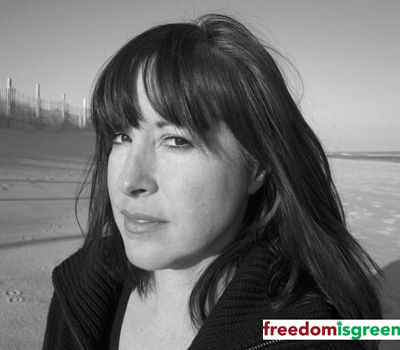Joe is a 20-year-old straight-A college student from Lebanon County who was never in trouble with the law until October.Now he worries about a prospective employer going online and finding that Joe pleaded guilty to disorderly conduct, a charge that makes it sound like he is prone to fighting.

Photo: The Associated Press
Joe wasn’t busted for fighting. He was arrested for being in the same car as someone who police caught with a small amount of marijuana.Officials in Lackawanna County, where Joe was arrested, said he could avoid a license suspension and drug conviction by pleading guilty to disorderly conduct. They also said Joe could keep his record clean by completing substance abuse classes and counseling, a process known as Accelerated Rehabilitation Disposition or ARD.Joe said he didn’t have $1,500 the courts wanted for ARD, so he pleaded guilty to disorderly conduct.“What they didn’t tell me and what I didn’t learn is that engaging in fighting is the tag that goes with every disorderly conduct charge. That’s the opposite of me. I’ve never fought. It is just an incredibly inaccurate depiction of who I am,” Joe said.Joe asked that his real name not be used. He worries knowledge of his pot bust could hurt his chances to get a job.People shouldn’t have to choose between the lesser of two evils for getting arrested for a small amount of marijuana, said Cumberland County Public Defender Taylor Andrews, who retired recently after 34 years.Andrews said Pennsylvania should follow states like California, Massachusetts and New York that have decriminalized possession of a small amount of pot — about an ounce or less — to the equivalent of a traffic ticket.“That strikes me as a sane response,” said Andrews. “There are people who have used marijuana and it has not affected their careers and their lives. It becomes almost a random thing, if they are caught and prosecuted, then their lives are significantly affected, where the prosecution has a greater affect than the actual drug.”But don’t look for any easing of Pennsylvania’s pot laws, despite others states’ steps toward making it legal to smoke and grow marijuana.Andrews emphasized he favors relaxing the law only for adults.In November, California voters rejected Proposition 19, which would have allowed people over 21 to grow and possess marijuana and for municipalities to collect taxes on retail sales of pot. Proposition 19 lost by only 53 percent to 46 percent and supporters vow to try again.That Proposition 19 got as far as it did is a game-changer, said Harry Levine, who has studied marijuana arrests as a sociology professor at Queens College and the Graduate Center of the City University of New York.“California is the largest state in the U.S., with 40 million people and the eighth largest economy in the world. By itself that had an enormous effect on the national conversation. It allowed for a more elevated conversation” in the country about decriminalizing marijuana, Levine said.State and local government budget woes could favor relaxing pot laws. Former-Gov. Arnold Schwarzenegger didn’t support Proposition 19, but signed legislation to decriminalize possession of a small amount of marijuana because he agreed with those who said California couldn’t afford devoting court resources to such cases.Andrews said, “It’s a misuse of police time and resources to be focusing a lot on just marijuana possession” when alcohol abuse is the far greater evil.“The biggest slice of the (court) docket are DUI (driving under the influence) cases and most DUI cases are alcohol,” Andrews said. “If you look at your domestic violence cases in virtually 80 percent of them somebody is liquored up. You look in your bad checks, forgery, embezzlement cases, invariably somebody’s life is out of control and often that is correlated with alcohol abuse. Alcohol abuse is the biggest common denominator. It was when I started in the 1970s and it still is.”Public supportPublic support for legalizing pot in Pennsylvania is only 33 percent, but that’s up from 22 percent two years ago, according to a 2010 survey by Franklin & Marshall College.G. Terry Madonna, a political analyst at Franklin & Marshall who co-authored the survey, said he thinks public support would be even higher for reducing the penalty for possession of a small amount of pot, perhaps even to a traffic ticket as in the other states. He said that’s a question the survey hasn’t asked yet but might in light of California’s decision.Madonna said public support was highest — 80 percent — for legislation that would allow marijuana for medicinal use. State lawmakers considered such legislation during the 2009-10 session and Rep. Mark Cohen, D-Philadelphia, plans to re-introduce a medical marijuana bill this year.But medical marijuana and even decriminalizing is a far cry from outright legalization.“We are in a very conservative state culturally,” Madonna said. “We do have a gaming culture. We are far more accepting of the lottery, horse racing and casinos. But we don’t have a drug culture. You are always going to find a segment of the population that will have moral objections” to relaxing pot laws, regardless of any perceived monetary benefit.He said the state budget crunch is forcing the re-evaluation of the cost benefit of strong-on-crime policies popular in the 1990s, such as sentencing guidelines that can lead to prison for people arrested multiple times for having a little pot.But Madonna sees as slim prospects for relaxing pot laws in this state soon, especially since voters just elected a more conservative legislature and governor.Jack Carroll, executive director of Cumberland County Drug and Alcohol Commission, sees no sentiment for legalized marijuana in Pennsylvania, given the state House 198-1 vote this year to ban synthetic marijuana. The ban awaited Senate action.Pot casesMidstate district attorneys don’t see pot cases as an undue burden on courts. They say a first-time offender busted for a small amount of pot usually gets ARD.“We’ve made it as non-criminal as you can possibly make it,” said Cumberland County District Attorney David Freed.The district attorneys don’t support decriminalizing pot. They see marijuana as leading to abuse of more serious drugs like heroin and cocaine. The prosecutors also worry relaxing pot laws will cause more people to use it.Perry County District Attorney Charles Chenot said “I’ve seen what smoking pot can do to a person. It really truly is a mind-altering substance. It influences your ability to drive, walk and reason. It is a substance that leads to other drugs. By decriminalizing we are kind of giving up on our war on drugs.”PossessionDauphin is the only midstate county where the number of cases filed in court for people arrested for having a small amount of marijuana exceedsed the number of DUI cases from 2005 to 2009, according to data provided by the Administrative Office of Pennsylvania Courts. Dauphin’s pot cases in recent years even exceed those of York County, which has larger population than Dauphin.Dauphin County District Attorney Edward M. Marsico Jr. said a lot of the small pot possession cases come from people who are arrested at concerts in Hersheypark.Otherwise, Marsico said many of the small pot arrests are accompanied by other charges. Often, people who are already on supervised probation for other offenses get caught with marijuana, as do individuals police stop on the street for suspicious behavior, Marsico said.In June, Philadelphia created a diversion court where anyone arrested with up to 30 grams of pot would pay a fine. The city said the program would divert more than 4,700 possession cases from its criminal courts.Marsico said he is watching Philadelphia to see how its diversion court goes. “The small amount of marijuana alone is not bogging down our court system but it is certainly something we should take a look at going further.”Gov. Tom Corbett while running for governor said he opposed expanding Philadelphia’s pot decriminalization court outside the city. Marsico said he does not believe Dauphin would need state approval to set up a pot diversion court similar to Philadelphia’s.Joe still smokes pot about four times a year.“I do more harm to myself eating bowls of ice cream,” he said. “We all know marijuana is not a healthy thing to do, the same as with cigarettes, fatty foods and alcohol.“In excess all these things are bad for you. But what it comes down to is these are decisions of individuals. As Americans we are allowed to do unhealthy things,” he said.






